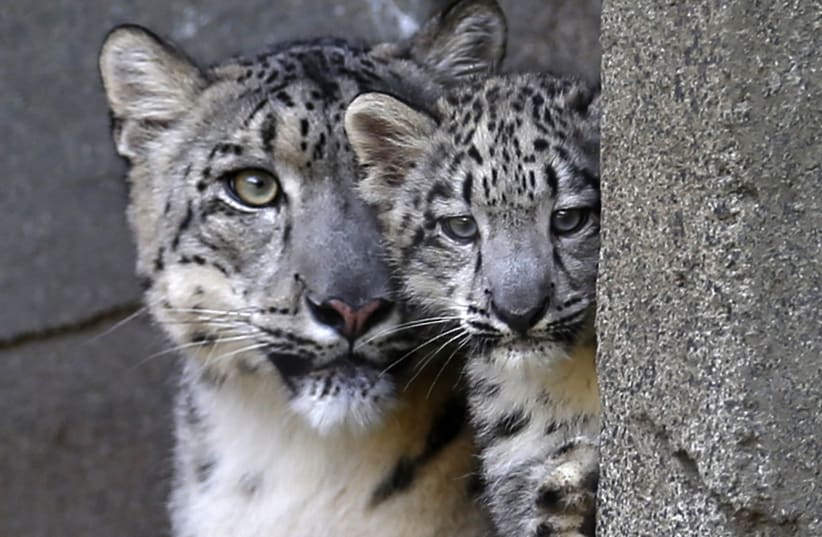The results of a coronavirus test were pending Saturday morning. Wildlife specialists at the zoo noticed that the leopard was coughing and had nasal discharge, leading them to administer the test. The leopard is being closely monitored and did not show major signs of illness other than coughing and discharge, according to the Zoo.
Possible sources of infection are being investigated by the zoo with contact tracing efforts ongoing.
"In an abundance of caution, the leopard habitat will be closed to Zoo visitors until further notice," the Zoo announced Saturday.
"We ask that you keep our snow leopard and the incredible team of dedicated wildlife care professionals and veterinarians who serve him in your thoughts during this time.As many as eight gorillas at the San Diego Zoo Safari Park were presumed to have contracted COVID-19 from a human handler after one of the animals tested positive, marking the first known transmission of the virus to apes, zoo officials said in January."Gorilla troops live together in both our zoological natural habitat and the wild, and we have to assume, as we do with human families, that all members of the family group have been exposed," the zoo said in a fact sheet.Zoo officials said they do not know how the coronavirus will ultimately affect gorillas or what additional symptoms may occur.
In two preliminary studies that will be presented at the European Congress of Clinical Microbiology & Infectious Diseases (ECCMID) in July, it was found that COVID-19 is more common in pets whose owners had the virus than in strays, NBC News reported.
Aaron Reich and Reuters contributed to this report.
